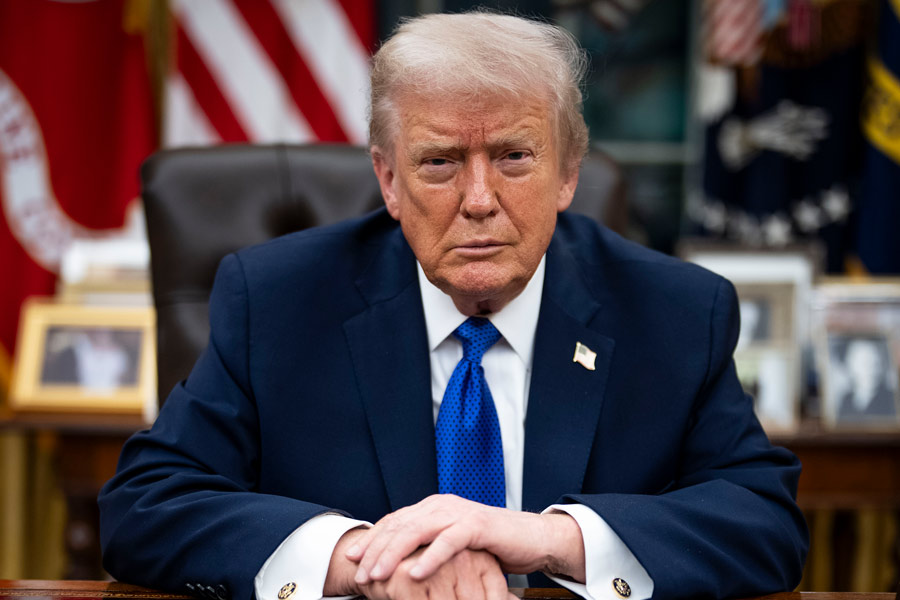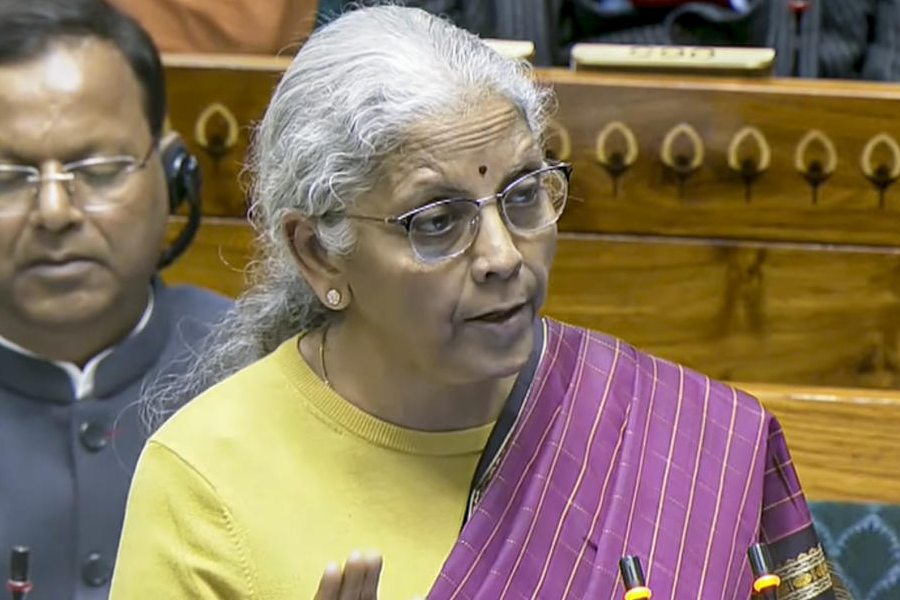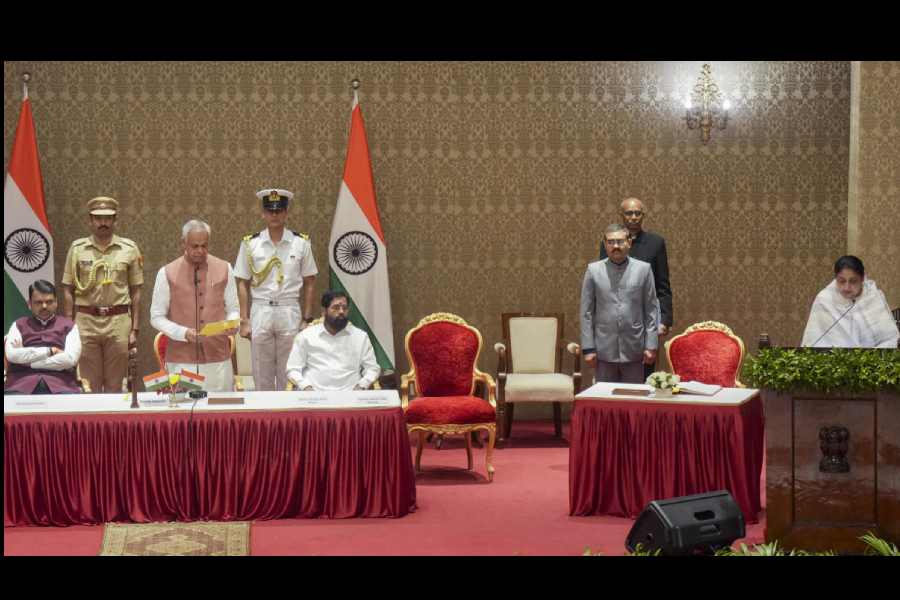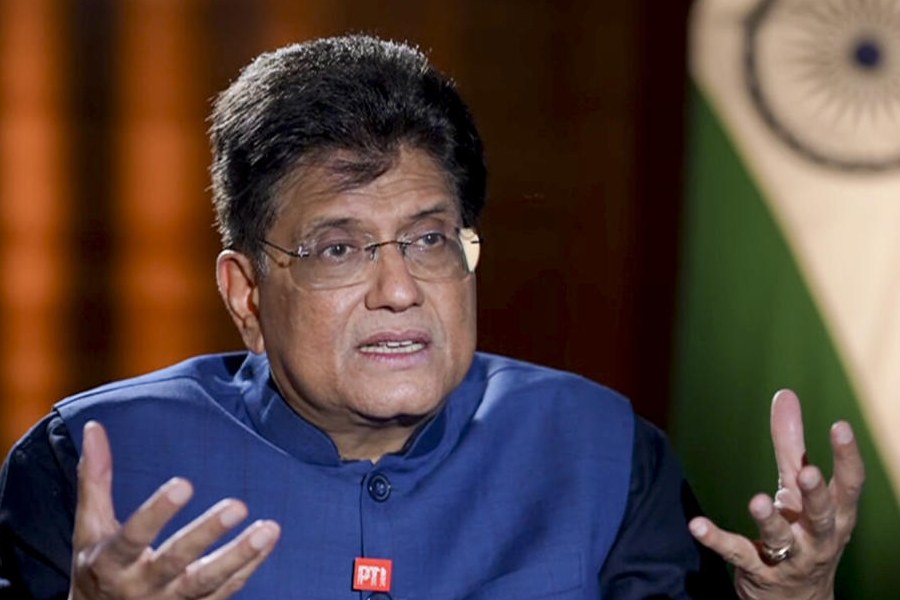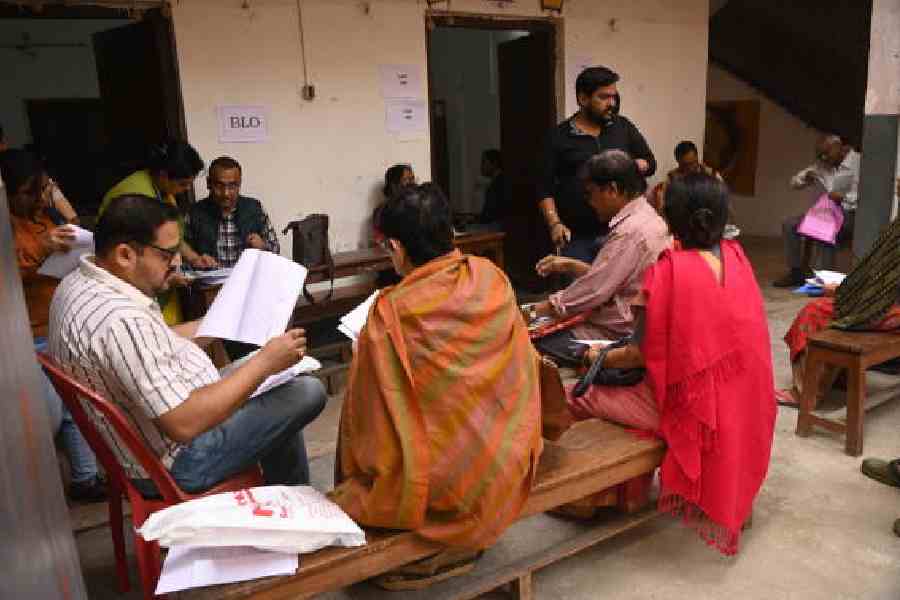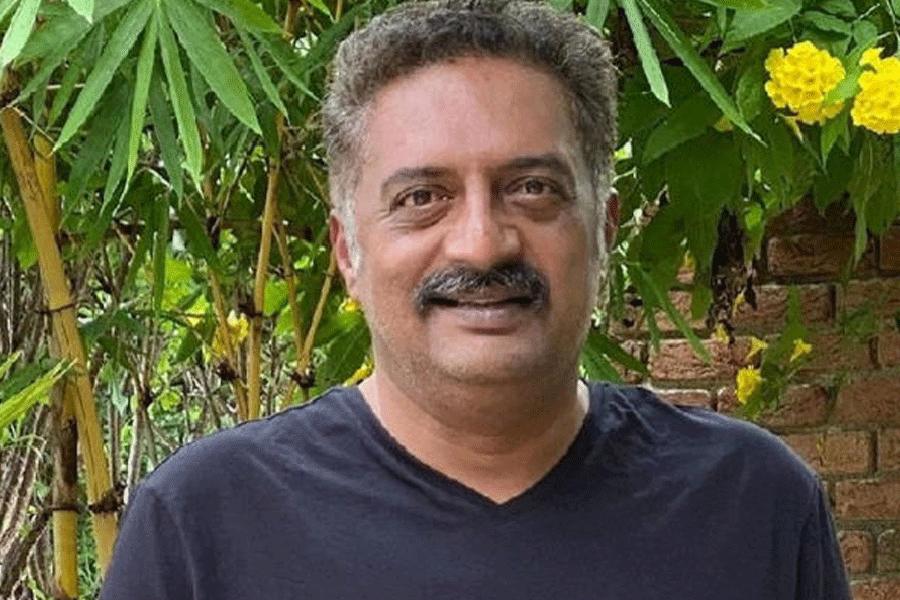Negotiators shuttled between delegations at the UN climate talks in Scotland on Saturday, seeking a deal to give the world a fighting chance of avoiding the worst effects of global warming, as the British host told them they had just hours left.
Alok Sharma delayed a public meeting in the plenary hall, saying negotiators needed more time, but that he still intended to close the two-week COP26, which has already overrun by a day, later in the afternoon.
“At the end of the day, what is being put forward here is a balanced package, everyone’s had a chance to have their say,” he told the forum.
The final deal will require the unanimous consent of the almost 200 countries present, ranging from coal- and gas-fuelled superpowers to oil producers and Pacific islands being swallowed by the rise in sea levels.
US climate envoy John Kerry was seen moving back and forth between conversations with Chinese negotiator Xie Zhenhua, EU commissioner Frans Timmermans and Sharma.
Like earlier versions, the latest draft of the conference agreement attempted to balance the demands of climate-vulnerable nations, big industrial powers, and those whose consumption or exports of fossil fuels are vital to their economic development.
In particular, it retained a significant demand for nations to set tougher climate pledges next year, rather than every five years, as they are currently required to do — an acknowledgement that existing commitments to cut emissions of planet-heating greenhouse gases are nowhere near enough.
The draft urged rich countries to double finance for climate adaptation by 2025 from 2019 levels, offering funding that has been a key demand of small island nations at the conference.
Britain also said a UN committee should report next year on progress towards delivering the $100 billion in overall annual climate funding that rich nations had promised by 2020 but failed to deliver.
Even $100 billion a year is far short of poorer countries’ actual needs, which could hit $300 billion by 2030 in adaptation costs alone, according to the UN, in addition to economic losses from crop failure or climate-related disasters.
Disasters that cannot be prepared for or adapted to — such as rising sea levels —emerged as a continued stumbling block.
Vulnerable nations have argued for decades that rich countries owe them compensation for the “loss and damage” from such events. But wealthy countries fear being found liable for such disasters and opening the door to bottomless payments.
On another issue, negotiators began to close in on a deal to settle rules for carbon markets — mechanisms that put a price on emissions to allow countries or companies to buy and sell “permits to pollute”, or credits for absorbing emissions.


